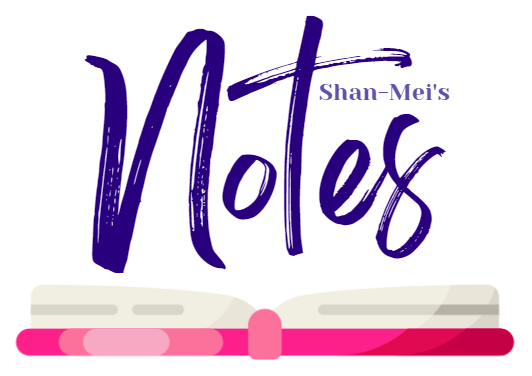


Exam cram 17/5
Chords
- Western art = tonic and dominant most important
- Jazz
- Tonic assumed in double bass
- mediant and 7th most important
- Dont use 8th cos 8th is the root. same as 10, 12, etc
- Extended harmony = above the octave - odd up to 13th
- In test!!! no 11th or 13th but maybe 9th
- Writing = keep in standard octave, can remove 1 and 5
- I6 9 chord going from bottom is 3rd, 5th, 6th, 9th
- When writing major 7ths, must write major 7th explicitely (Cmaj7)
- Cmi/maj7 = C minor with major 7th on top
- When finding chords, remember to look at the bass! (ones with extentions)
- When you have a 9 by itself, it is implied that it is a dominant chord (dom9)
- Fmaj9 = F major with major 7th and 9 on top
West End Blues
- King Oliver wrote
- Opening called one of the most iconic jazz improvised solos ever
- Recording to listen to: hot 7 - look at page 7 para 1 for recording details
Louis Armstrong
- Claims to fame: virtuosic trumpet playing and his voice
- One of the first soloists to take a solo with his voice
- Scatting: Nonsensical syllables to improvised melody
- Hard sounds and soft sounds (consonants) to show accents (2 and 4, etc)
Dixieland and New Orleans
- Dixie
- The south (new orleans)
- Instrumentation
- Front line
- Clarinet - more versatile
- Weaved around the trumpet - arpeggios, etc
- Trombone
- Tailgate - mid range, tenor
- Trumpet
- Rhythm
- Drumkit
- Came from jazz tradition
- So one person could do everything
- Drums started from the army bands - different drums
- New Orleans
- melting pot of jazz
- mississippi = river the runs through
- Spread to surrounding cities = chicago
Big band
- 17 - 18 players
- Same form as dixieland
Assessment tips
- Listen to west end blues!!!
- One unseen work parallel to each “department”
- Listen to the stuff at suggested listenings section in uwa booklet!!!!


